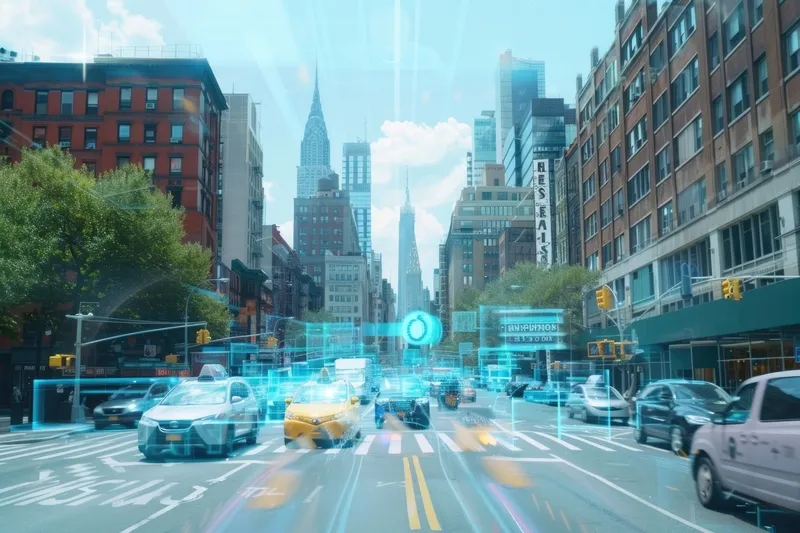The European Parliament's internal market committee has backed EU plans for all new types of car and van to be fitted with automated emergency call devices but opened the door to postponing their introduction beyond the proposed deadline of October 2015. The vote on eCall gives a green light for a pan-European type approval method to ensure the devices meet the necessary technical standards. The decision follows a vote in December in the transport committee to approve legislation for member states to develo
February 12, 2014
Read time: 2 mins
The European Parliament's internal market committee has backed EU plans for all new types of car and van to be fitted with automated emergency call devices but opened the door to postponing their introduction beyond the proposed deadline of October 2015. The vote on eCall gives a green light for a pan-European type approval method to ensure the devices meet the necessary technical standards. The decision follows a vote in December in the transport committee to approve legislation for member states to develop the technical infrastructure for handling calls from vehicles that have crashed.
Antonio Avenoso, executive director of the3535 European Transport Safety Council (ETSC) said: "The key technologies for eCall are already available and in use, so there is no need to postpone the entry-into-force. After a serious car crash, the time taken for emergency services to reach you can mean the difference between life and death. This system has the potential to save many lives because it will enable the emergency services to respond quicker.
"It's now crucial that Parliament negotiators support the strongest possible implementation of the technology during negotiations with member states on the final deal and ensure these life-saving devices are in all new types of car and van from the end of next year."
The internal market committee proposed that the1690 European Commission should investigate extending the scope of the legislation to other vehicles by 2018. ETSC has called for all drivers and riders to have access to the technology, including building it into lorries, buses and also motorcycles.
Before becoming law, the proposals must be agreed with member state transport ministers and approved by the full Parliament.
Antonio Avenoso, executive director of the
"It's now crucial that Parliament negotiators support the strongest possible implementation of the technology during negotiations with member states on the final deal and ensure these life-saving devices are in all new types of car and van from the end of next year."
The internal market committee proposed that the
Before becoming law, the proposals must be agreed with member state transport ministers and approved by the full Parliament.









